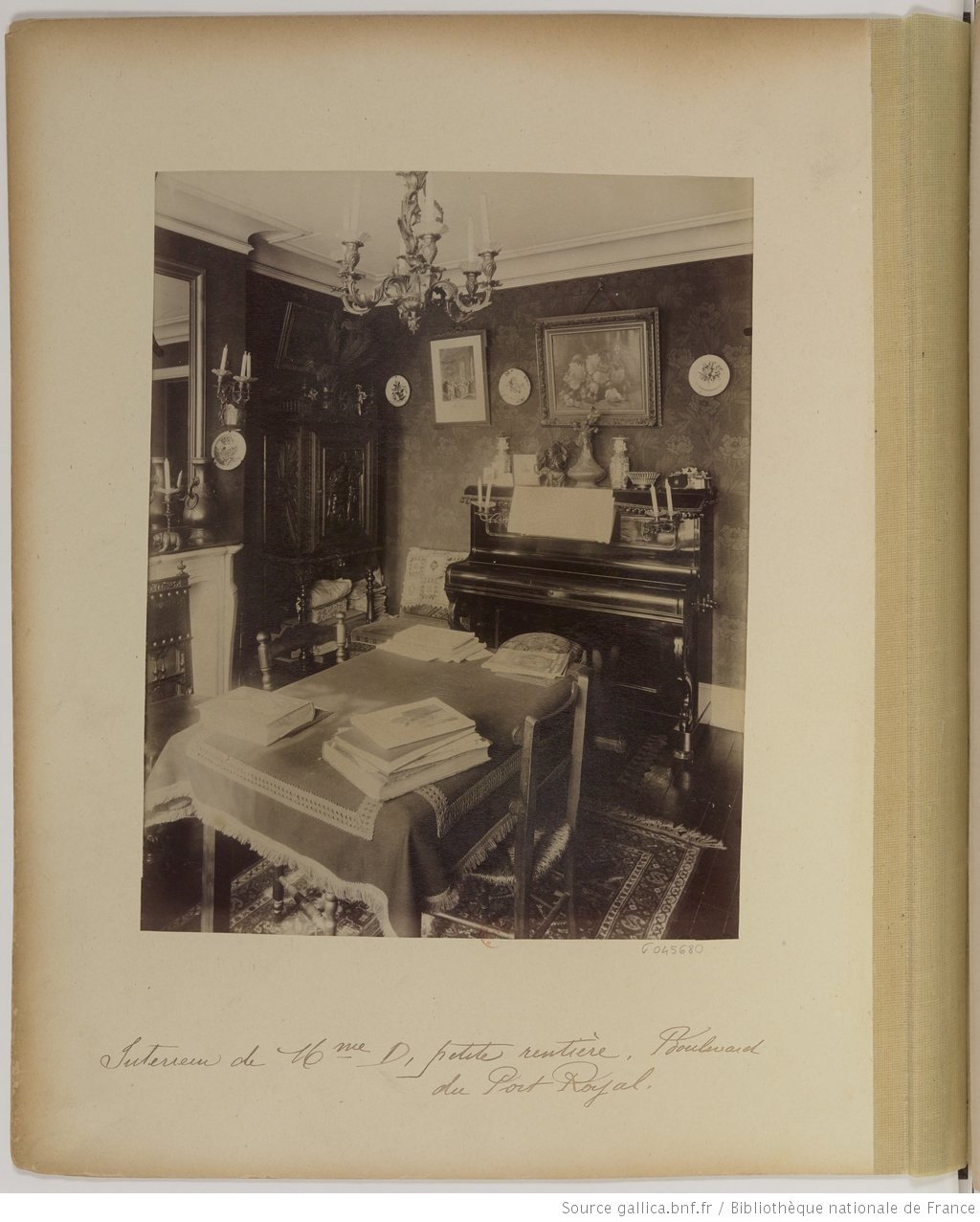Intimacy and Histories of Economic Life: A Research Network
What does it mean to write “intimate” histories of economic life? The rise of global history has birthed a renewed interest in the intimate as a carrier of the local, the individual, and the private in the midst of narratives concerned with often depersonalized processes and networks of circulation and exchange. Frequently glossed as histories of the emotions, the deployment of intimacy in recent historical research suggests potent ways that the category connects (and injects) subjectivities, resistance, and counter-hegemonies (but also acquiescence and accommodation) to the structural and the collective. The body and the material are its central agents, and intimacy has remained entwined with gender, offering scholars a way of demonstrating the roles of gendered relations and analyses in narratives and scales that may otherwise skirt their importance. The intimate does not displace the global or transnational but views these histories from a different vantage, exploring their significance in the realm of the everyday and the sphere of meaning-making. Attending to the intimate, then, is a practice of both historical actors and historians, at once a field of experience and a methodological disposition.
As an object of analysis and scholarly priority, intimacy is rich in both promise and danger. As Lauren Berlant has observed, the intimate attracts insofar as it appears real (because individual, immediate, and emotional) in contrast to the constructed institutions of collective life. Premised on the (implicit) valorization of the individual and experience, it contains impulses toward empiricism and historical recovery that need robust consideration.
Scholars researching economic life will come together in a series of meetings to reflect on how the intimate – as subject, as historical experience, as methodological or theoretical vantage point – can contribute to and inflect economic histories.
Meetings: May 19, 2021 (online); May 31-June 1, 2022 (University of Manchester)
Participants
Michelle Chihara, Whittier College
Misha Ewen, Historic Royal Palaces
Alexandra Finley, University of Pittsburgh
Joan Flores-Villalobos, University of Southern California
Kate Gibson, University of Manchester
Julie Hardwick, University of Texas at Austin
Orsi Husz, Uppsala University
Diana Kim, Georgetown University
Andrew Popp, Copenhagen Business School
Sarah Roddy, Maynooth University
Hollian Wint, UCLA
Alexia Yates, University of Manchester

